Home>Articles>How Long Will A Rotisserie Chicken Last In The Refrigerator


Articles
How Long Will A Rotisserie Chicken Last In The Refrigerator
Modified: August 27, 2024
Discover how long a rotisserie chicken will last in the refrigerator with our informative articles. Get expert tips and guidelines for storing and consuming leftovers.
(Many of the links in this article redirect to a specific reviewed product. Your purchase of these products through affiliate links helps to generate commission for Storables.com, at no extra cost. Learn more)
Introduction
Rotisserie chicken is a delicious and convenient option for a quick and satisfying meal. Whether you purchase it from a grocery store or prepare it at home, it’s important to understand how long a rotisserie chicken will last in the refrigerator. This knowledge can help you plan your meals accordingly and avoid the risk of consuming spoiled chicken.
The shelf life of a rotisserie chicken can be influenced by various factors, including its initial quality, proper handling and storage, and your refrigerator’s temperature. By understanding these factors and following the recommended storage practices, you can ensure that your rotisserie chicken stays safe to eat for a reasonable period of time.
In this article, we will discuss the key factors that affect the shelf life of rotisserie chicken. We will also provide tips on how to properly handle and store your rotisserie chicken to maximize its freshness and minimize the risk of spoilage. Additionally, we will explore the signs of spoilage to help you determine if your rotisserie chicken has gone bad. Let’s dive in!
Key Takeaways:
- Proper handling and refrigeration are crucial for maximizing the shelf life of rotisserie chicken. Follow storage guidelines and be mindful of signs of spoilage to ensure safe consumption.
- Consider portioning and refrigerating rotisserie chicken promptly to maintain its quality. Freezing can also extend its shelf life for later enjoyment.
Factors Affecting Rotisserie Chicken’s Shelf Life
The shelf life of a rotisserie chicken can be influenced by several factors. Understanding these factors can help you make informed decisions about how long to keep your chicken in the refrigerator. Here are the key factors that affect the shelf life of rotisserie chicken:
- Initial Quality: The quality of the chicken when it was cooked plays a significant role in determining its shelf life. If the chicken was fresh and properly handled before cooking, it is likely to have a longer shelf life.
- Cooking Method: The way the rotisserie chicken is cooked can impact its shelf life. Chicken that is cooked at high temperatures for a shorter duration may have a shorter shelf life compared to chicken that is cooked at lower temperatures for a longer duration.
- Storage Temperature: The temperature at which the rotisserie chicken is stored in the refrigerator is crucial. It is recommended to store rotisserie chicken at or below 40°F (4°C) to prevent the growth of bacteria.
- Air Exposure: Exposure to air can accelerate the spoilage process. If the chicken is not properly wrapped or stored in an airtight container, it may spoil faster.
- Cross-Contamination: Cross-contamination with other foods can introduce bacteria and lead to the spoilage of rotisserie chicken. It is important to store the chicken separately from other foods and avoid using the same utensils or cutting boards.
By considering these factors, you can better understand the shelf life of rotisserie chicken and take appropriate measures to ensure its freshness and safety.
Proper Handling and Storage of Rotisserie Chicken
Proper handling and storage of rotisserie chicken are essential to maintain its quality and safety. Here are some guidelines to follow:
- Immediate Refrigeration: As soon as you bring the rotisserie chicken home, refrigerate it promptly. Leaving it at room temperature for too long can promote bacterial growth.
- Divide into Portions: If you won’t be consuming the entire rotisserie chicken in one sitting, consider dividing it into smaller portions before refrigerating. This allows for faster cooling and reduces the risk of contamination.
- Use Airtight Containers: Store the rotisserie chicken in airtight containers to prevent air exposure and minimize the likelihood of cross-contamination with other foods.
- Refrigerator Temperature: Set your refrigerator temperature to 40°F (4°C) or below to maintain the chicken’s freshness and inhibit bacterial growth. Use a refrigerator thermometer to ensure an accurate temperature reading.
- Separate from Other Foods: Store the rotisserie chicken away from other foods, particularly raw meat, to prevent cross-contamination.
- Label and Date: If you portion the rotisserie chicken, label the containers with the date of storage. This allows you to keep track of its storage duration.
By following these guidelines, you can ensure that your rotisserie chicken stays fresh and safe for a longer period of time.
Signs of Spoilage in Rotisserie Chicken
It’s important to be able to identify the signs of spoilage in rotisserie chicken to prevent any potential health risks. Here are some common signs that indicate that the chicken has gone bad:
- Unpleasant Odor: If the rotisserie chicken emits a strong, unpleasant odor that resembles ammonia or spoiled meat, it is a clear indication that it has spoiled and should be discarded.
- Changes in Color and Texture: Fresh rotisserie chicken should have a vibrant, golden-brown color and a moist texture. If you notice any discoloration, such as a gray or greenish tint, or if the chicken feels slimy or sticky to the touch, it is likely spoiled.
- Mold Growth: Visible mold growth is a definite sign of spoilage. If you see any mold on the rotisserie chicken, discard it immediately to avoid potential health risks.
- Unusual Taste: If the flavor of the rotisserie chicken is off or tastes sour, rancid, or unpleasant, it is a strong indication of spoilage.
- Excessive Dryness: While some dryness is normal due to evaporation, excessively dry or shriveled rotisserie chicken is likely past its prime and should not be consumed.
- Signs of Bacterial Growth: If you notice any signs of bacterial growth, such as a slimy film on the chicken’s surface or the presence of lingering bacteria-related symptoms after consumption, it is best to discard the chicken to avoid foodborne illnesses.
When in doubt, it is always safer to err on the side of caution and dispose of any rotisserie chicken that exhibits signs of spoilage. Consuming spoiled chicken can lead to foodborne illnesses, so it’s crucial to prioritize food safety.
A rotisserie chicken will last for 3-4 days in the refrigerator if stored properly in an airtight container or wrapped tightly in plastic wrap. After that, it’s best to freeze it for longer storage.
Recommended Storage Duration for Rotisserie Chicken
The recommended storage duration for rotisserie chicken depends on various factors such as its initial quality, proper handling, and storage conditions. While it is always best to consume the chicken as soon as possible to enjoy its optimal flavor and quality, here are some general guidelines to follow:
- Store-Bought Rotisserie Chicken: If you purchased the rotisserie chicken from a grocery store, it is typically recommended to consume it within 2-3 days of the sell-by date. Be sure to check the package for any specific instructions or expiration dates provided by the manufacturer.
- Homemade Rotisserie Chicken: If you prepared the rotisserie chicken at home, it can stay fresh for up to 3-4 days when stored properly in the refrigerator. However, it is important to ensure that the chicken was fresh and properly handled during cooking to maximize its storage duration.
It’s crucial to note that these are general recommendations, and the actual storage duration may vary depending on factors such as temperature variations, proper handling, and individual chicken quality. Always use your senses and look for signs of spoilage before consuming rotisserie chicken that has been stored for an extended period.
If you are unable to consume the remaining chicken within the recommended storage duration, consider freezing it for later use. Freezing can significantly extend the shelf life of rotisserie chicken, typically up to 2-3 months. Ensure that you wrap the chicken securely in airtight packaging or freezer bags to minimize freezer burn and maintain its quality.
Remember, when it comes to food safety, it is always better to be cautious and prioritize your well-being. If you have any doubts about the freshness or safety of the rotisserie chicken, it is best to discard it rather than risk foodborne illnesses.
Tips for Extending the Shelf Life of Rotisserie Chicken
To maximize the shelf life of rotisserie chicken and ensure its freshness and safety, here are some helpful tips:
- Refrigerate Promptly: As soon as you bring the rotisserie chicken home or finish cooking it, refrigerate it promptly. The longer the chicken is left at room temperature, the higher the risk of bacterial growth.
- Portion Control: Consider dividing the rotisserie chicken into smaller portions before storing. Smaller portions cool faster and are easier to handle, reducing the chances of spoilage.
- Airtight Storage Containers: Store the rotisserie chicken in airtight containers to minimize exposure to air, which can accelerate spoilage. This will also help prevent cross-contamination with other foods in the refrigerator.
- Proper Refrigerator Temperature: Set your refrigerator temperature to 40°F (4°C) or below to maintain the chicken’s freshness and inhibit bacterial growth. Regularly check and calibrate your refrigerator thermometer to ensure accuracy.
- Separate from Raw Meat: To prevent cross-contamination, store the rotisserie chicken separately from raw meat or poultry in the refrigerator. Use separate cutting boards, utensils, and storage containers.
- Rotate and Consume First: If you have multiple rotisserie chickens or leftovers, arrange them in the refrigerator based on their storage date. Consume the oldest chicken first to avoid any waste.
- Proper Reheating: When reheating rotisserie chicken, ensure it is heated to an internal temperature of 165°F (74°C) to kill any potential bacteria. This will help maintain its quality and reduce the risk of foodborne illnesses.
- Freezing for Extended Storage: If you cannot consume the rotisserie chicken within the recommended storage duration, consider freezing it. Properly wrap the chicken in airtight packaging or freezer bags before freezing to maintain its quality for an extended period.
By following these tips, you can extend the shelf life of rotisserie chicken and enjoy it safely for a longer period. Remember to always prioritize food safety and use your senses to determine the freshness and suitability of the chicken before consuming.
Conclusion
Rotisserie chicken is a convenient and delicious option for a quick and satisfying meal. To ensure its freshness and safety, it is essential to understand the factors that affect its shelf life and follow proper handling and storage practices.
In this article, we discussed the key factors that influence the shelf life of rotisserie chicken, such as its initial quality, cooking method, storage temperature, air exposure, and cross-contamination. By being aware of these factors, you can make informed decisions about how long to keep your rotisserie chicken in the refrigerator.
We also provided guidelines for proper handling and storage, including immediate refrigeration, portion control, using airtight containers, setting the refrigerator temperature correctly, separating from raw meat, and labeling the storage date. These practices can help maintain the quality and safety of the rotisserie chicken.
Additionally, we highlighted the signs of spoilage to help you identify when the rotisserie chicken has gone bad. Unpleasant odor, changes in color and texture, mold growth, unusual taste, excessive dryness, and signs of bacterial growth are all indications that the chicken should be discarded.
We recommended consuming store-bought rotisserie chicken within 2-3 days of the sell-by date and homemade rotisserie chicken within 3-4 days if stored properly in the refrigerator. Freezing is also an option to extend the shelf life of rotisserie chicken for 2-3 months.
To further extend the shelf life of rotisserie chicken, we provided tips such as refrigerating promptly, portion control, airtight storage containers, maintaining proper refrigerator temperature, separate storage from raw meat, proper reheating, and freezing for longer storage.
Remember, always prioritize food safety and use your senses to determine the freshness and suitability of the rotisserie chicken. If in doubt, it is best to discard the chicken to avoid the risk of consuming spoiled food.
By following these guidelines and practicing proper handling and storage, you can enjoy the deliciousness of rotisserie chicken while ensuring its freshness and safety for as long as possible.
Frequently Asked Questions about How Long Will A Rotisserie Chicken Last In The Refrigerator
Was this page helpful?
At Storables.com, we guarantee accurate and reliable information. Our content, validated by Expert Board Contributors, is crafted following stringent Editorial Policies. We're committed to providing you with well-researched, expert-backed insights for all your informational needs.


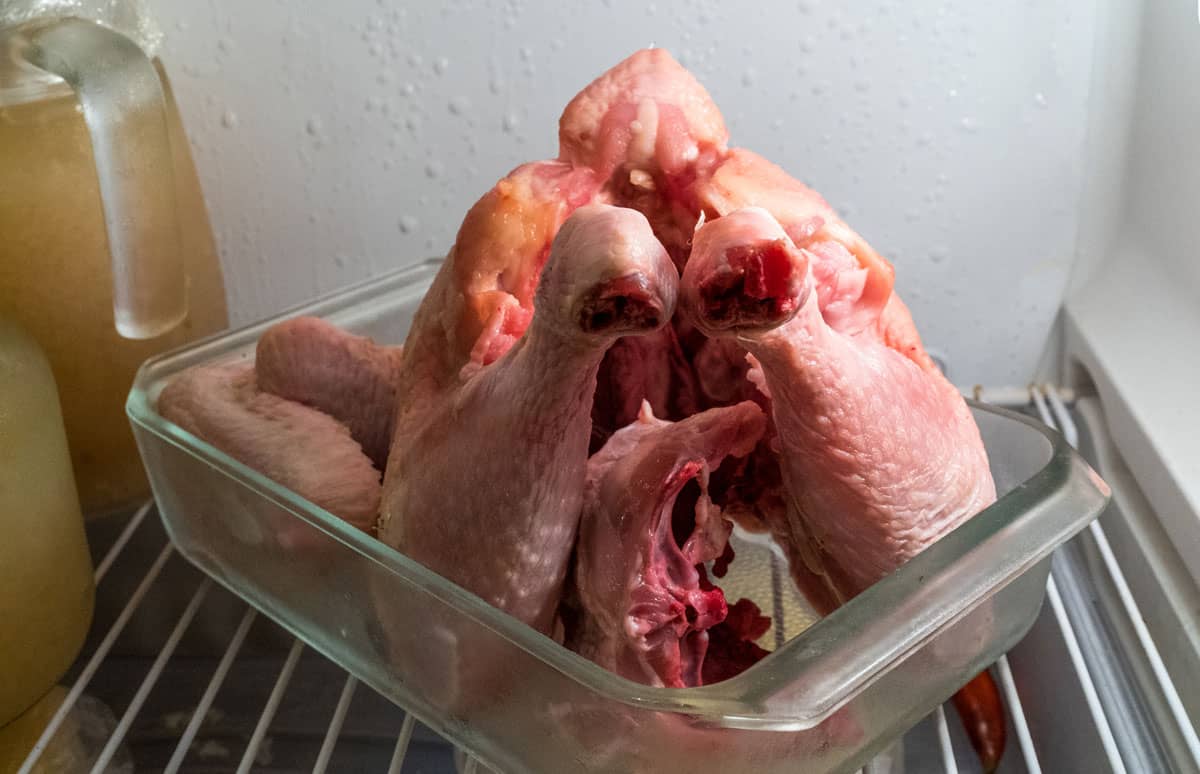


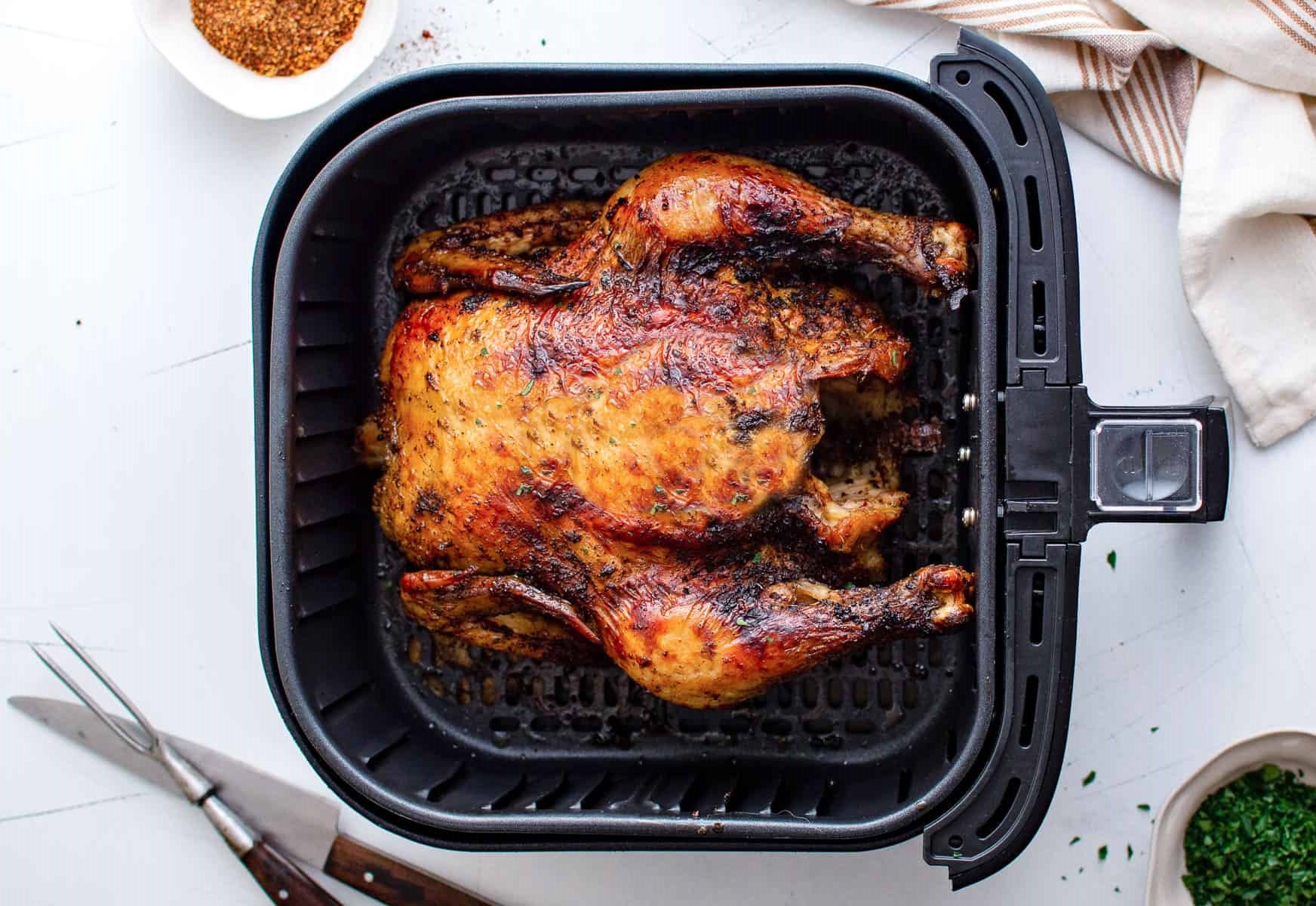
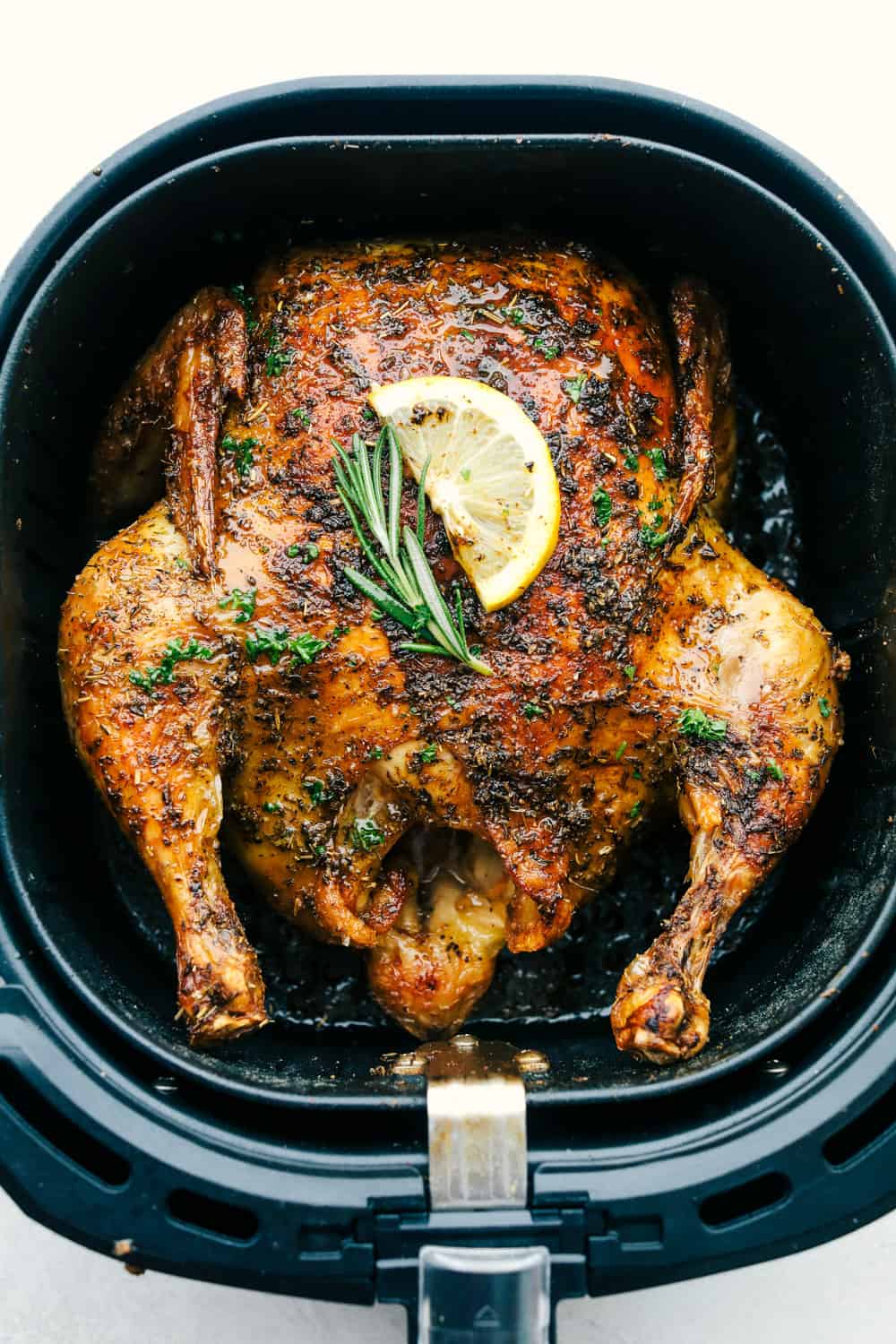

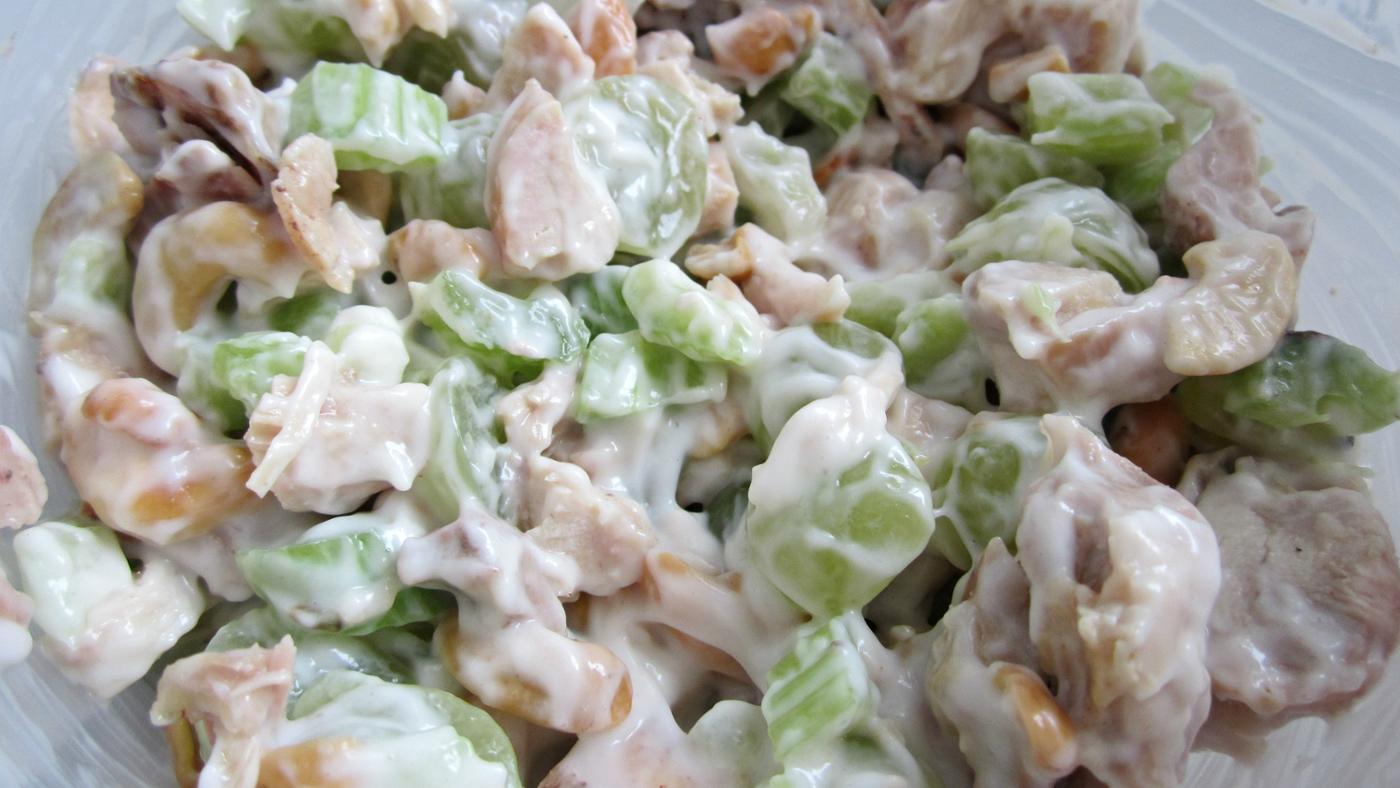
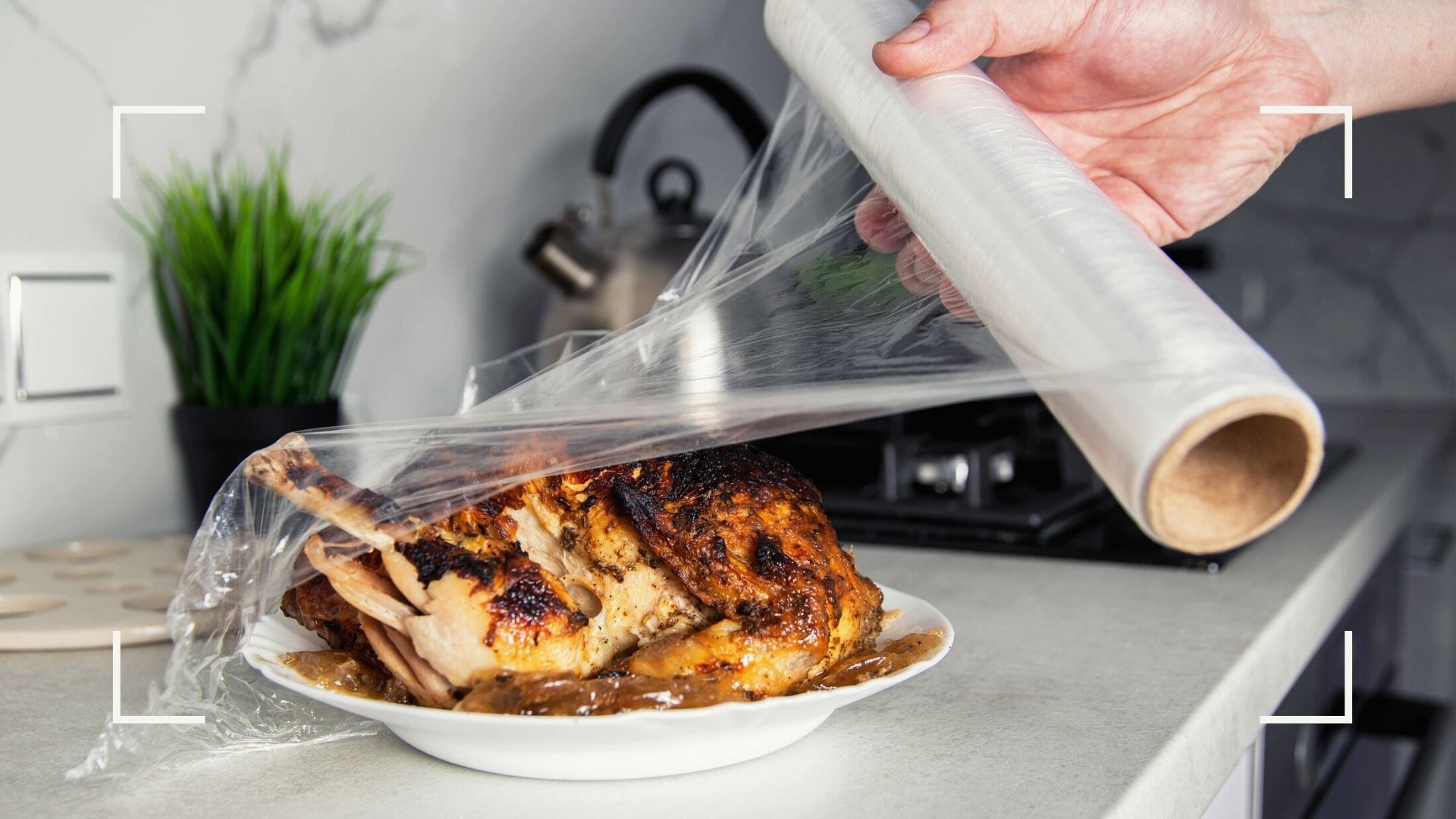
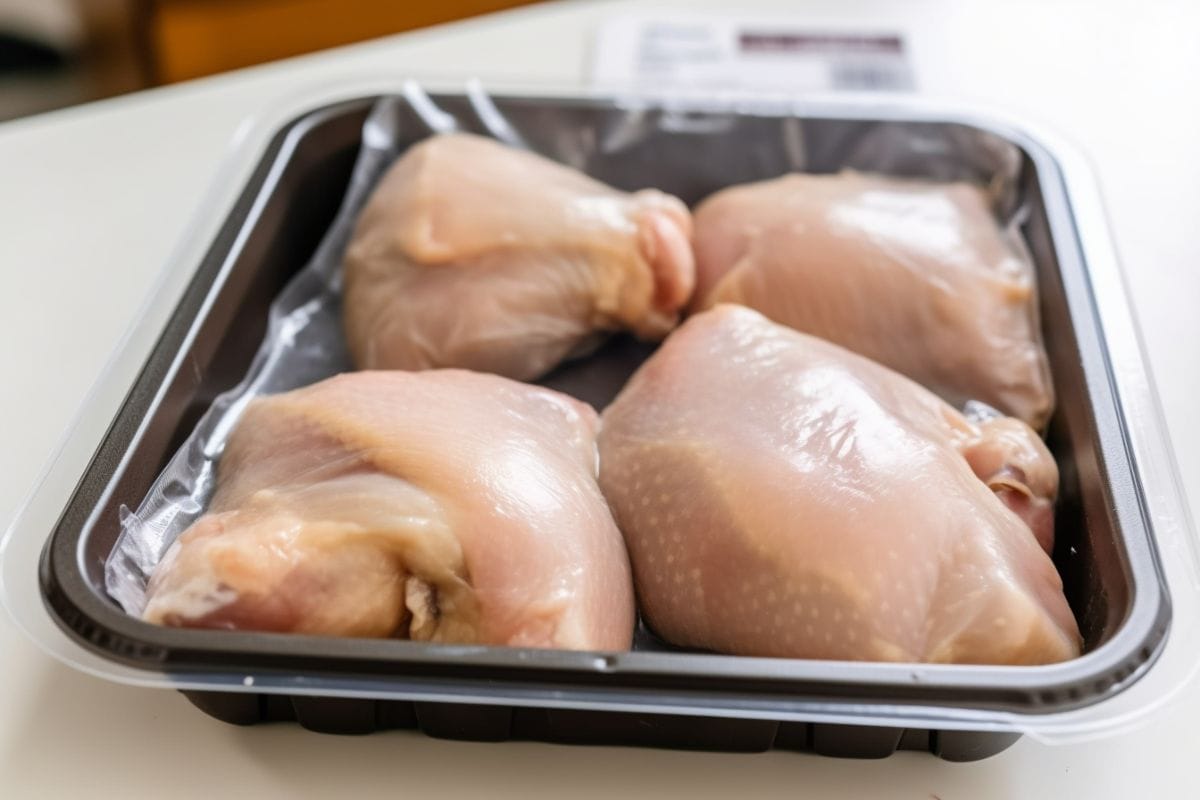
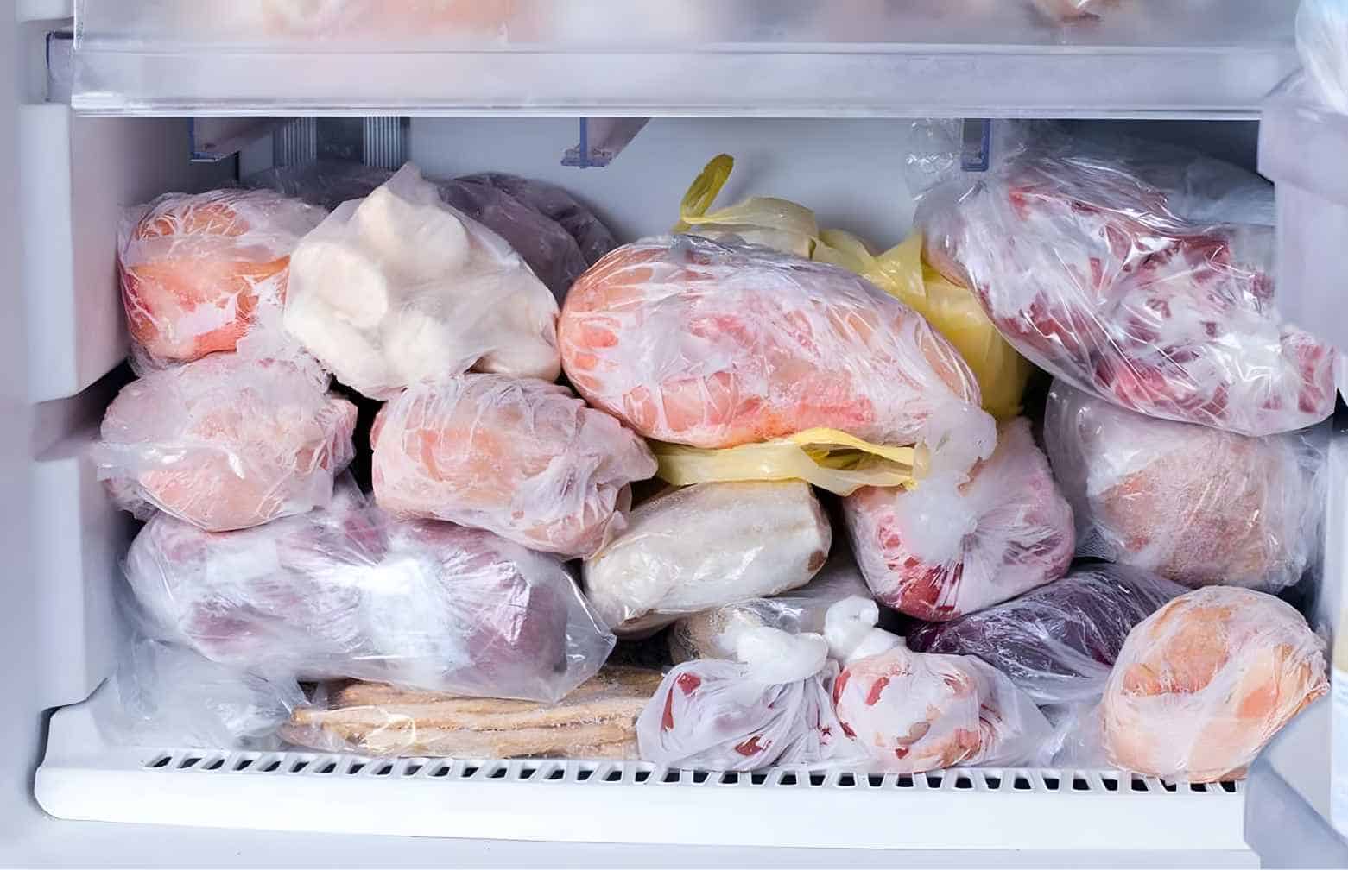
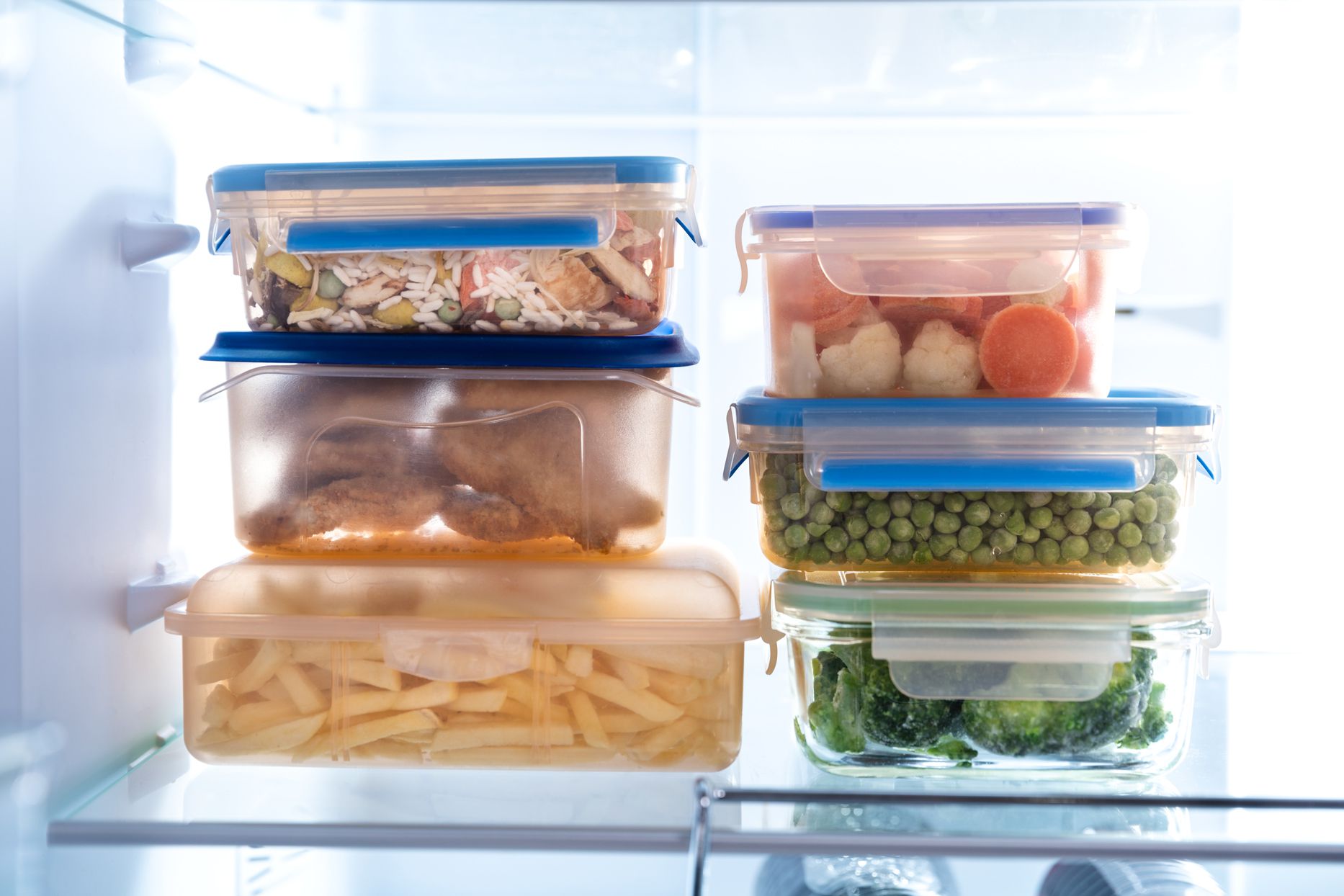


0 thoughts on “How Long Will A Rotisserie Chicken Last In The Refrigerator”